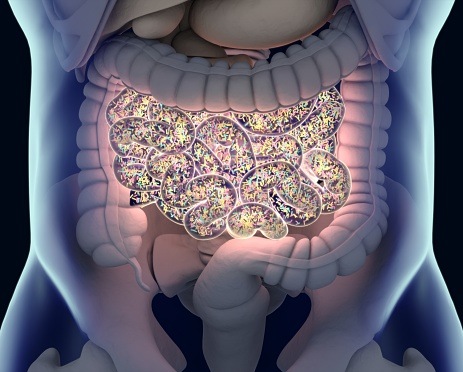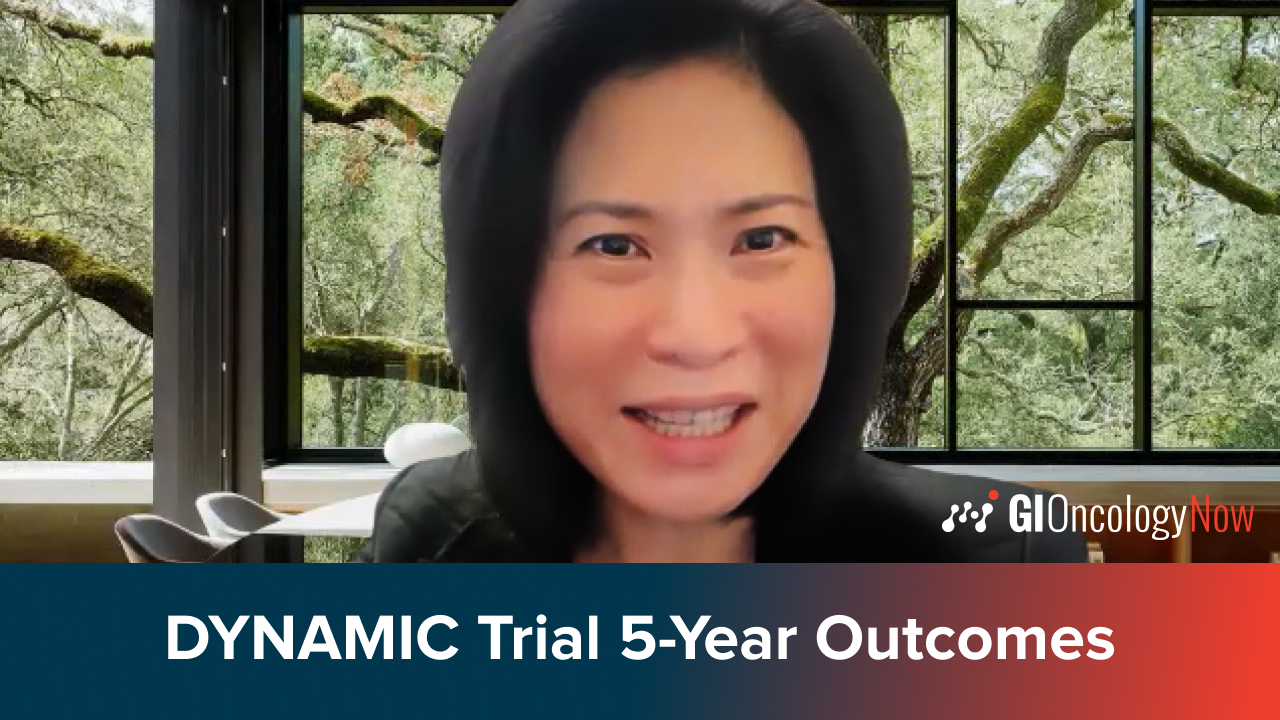
Angiotensin-converting enzyme (ACE) inhibitors, commonly used to treat hypertension, may be associated with a decreased risk for colorectal cancer as well.
A new retrospective analysis published in Hypertension was a review of more than 187,000 adult patients from Hong Kong between 2005 and 2013 who all had negative baseline colonoscopies for colorectal cancer. Exclusion criteria included colorectal cancer detected fewer than six months of index colonoscopy, prior colorectal cancer, inflammatory bowel disease, and prior colectomy. The primary study outcome of interest was colorectal cancer diagnosed six to 36 months following index colonoscopy. The authors came up with adjusted hazard ratios derived from propensity score regression of more than 20 covariates (including medication usage, center performance, and patient factors).
About 30,856 (16.4%) of patients in the study were using ACE inhibitors/angiotension receptor blockers. A total of 854 patients (0.45%) developed colorectal cancer between six and 36 months following index colonoscopy (17.2% of cases were proximal cancer). Within three years of index colonoscopy, the drugs were associated with a decreased risk for colorectal cancer (HR=0.78; 95% CI, 0.64 to 0.96), but not for colorectal cancer that developed beyond three years (adjusted HR=1.18; 95% CI, 0.88 to 1.57). Additional, each single-year increase in use of the drugs was associated with a 5% reduction in the risk for colorectal cancer.
“The roles of ACE inhibitors and angiotensin receptor blockers on cancer development are controversial and, in some cases, study findings are conflicting. Results of previous studies have been limited by several factors including a small number of patients and data only on short-term follow-ups. Our results provide new insights on a potential role of these medications for colorectal cancer prevention,” said researcher Wai K. Leung, MD, clinical professor of medicine at the University of Hong Kong in Hong Kong, China, said in a press release. “This is the first study to show the potential beneficial effects of ACE inhibitors and angiotensin receptor blockers on colorectal cancer development, based on a large group of patients who were colorectal cancer-free at the beginning of the study.”
Dr. Leung added that this may be an additional therapeutic option for physicians when choosing appropriate antihypertensive treatment.
“While ACE inhibitors and angiotensin receptor blockers are taken by patients with high blood pressure, heart failure and kidney diseases, the reduction in colorectal cancer risk may be an additional factor for physicians to consider when choosing anti-hypertensive medications,” he said.







 © 2025 Mashup Media, LLC, a Formedics Property. All Rights Reserved.
© 2025 Mashup Media, LLC, a Formedics Property. All Rights Reserved.